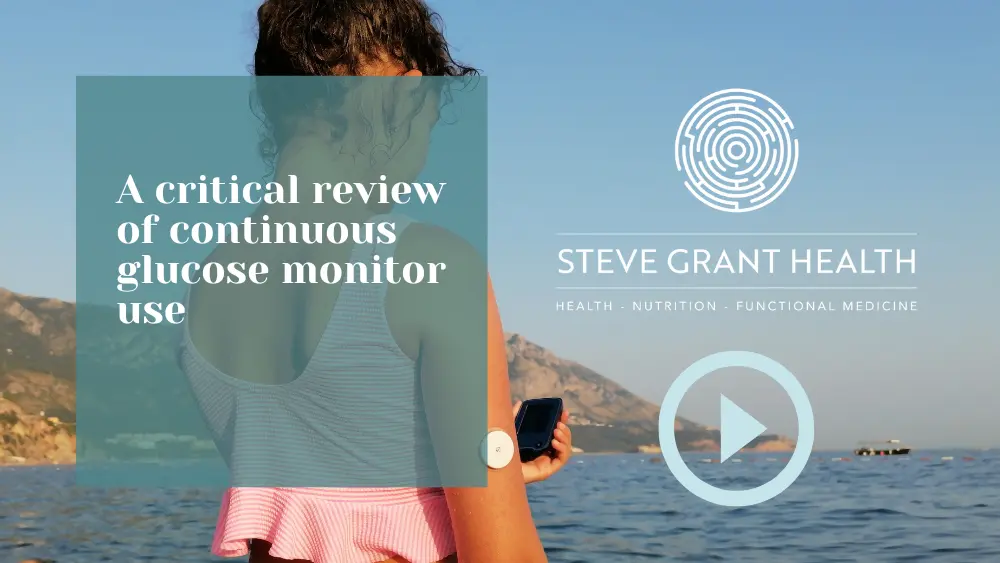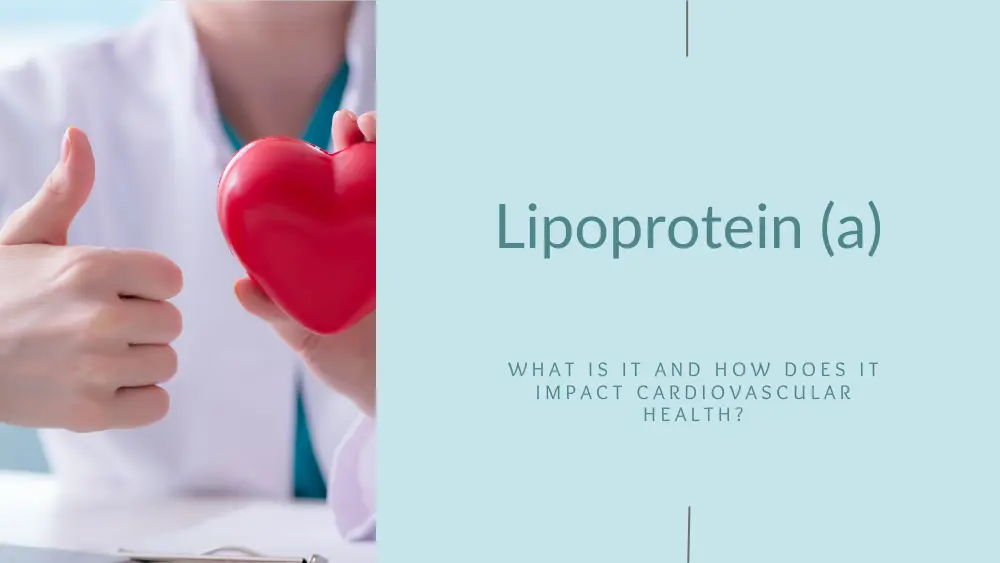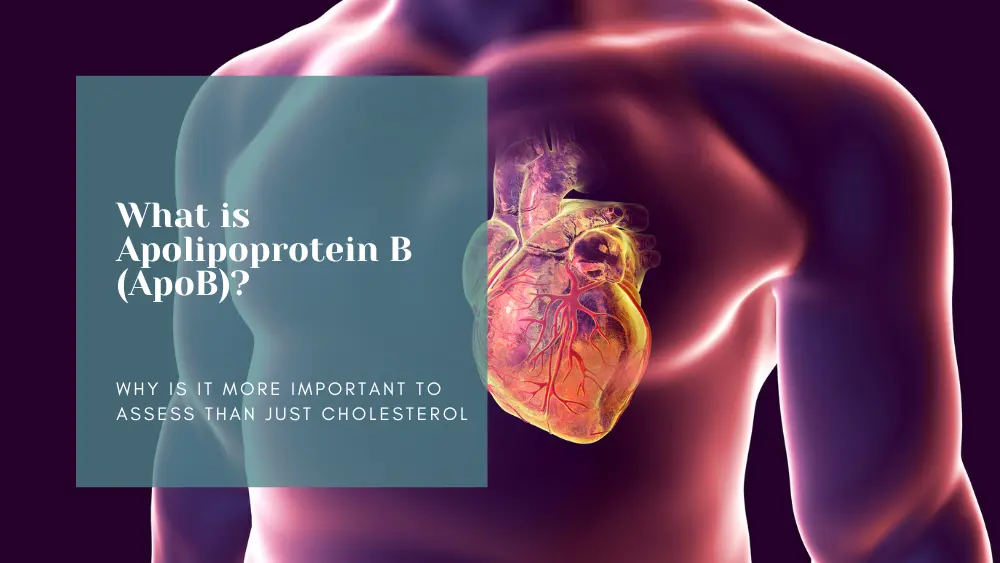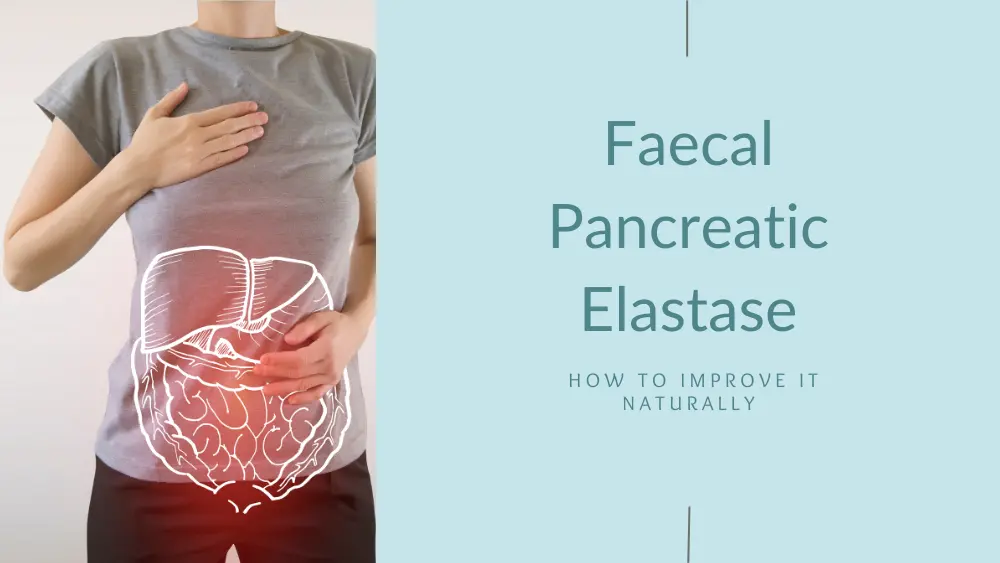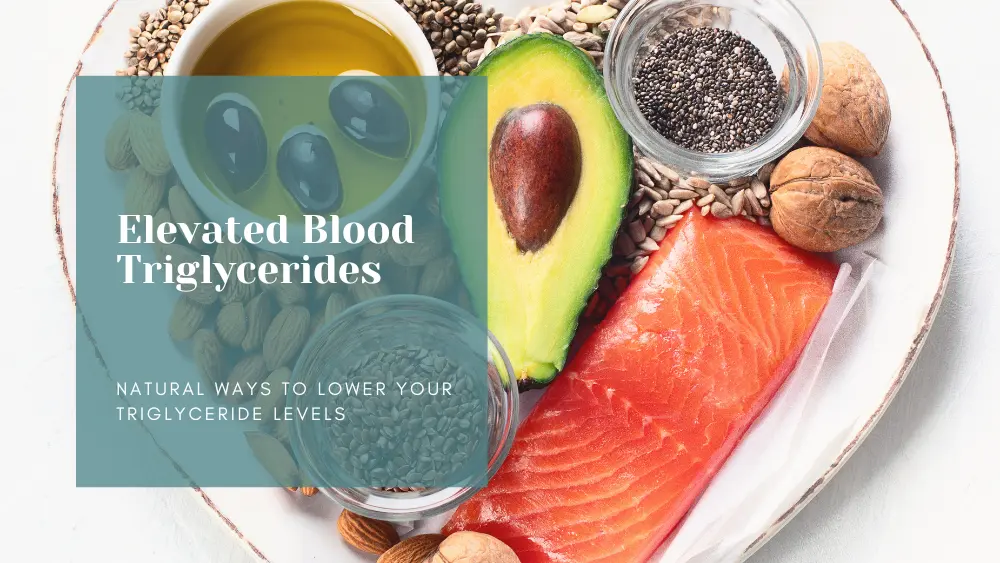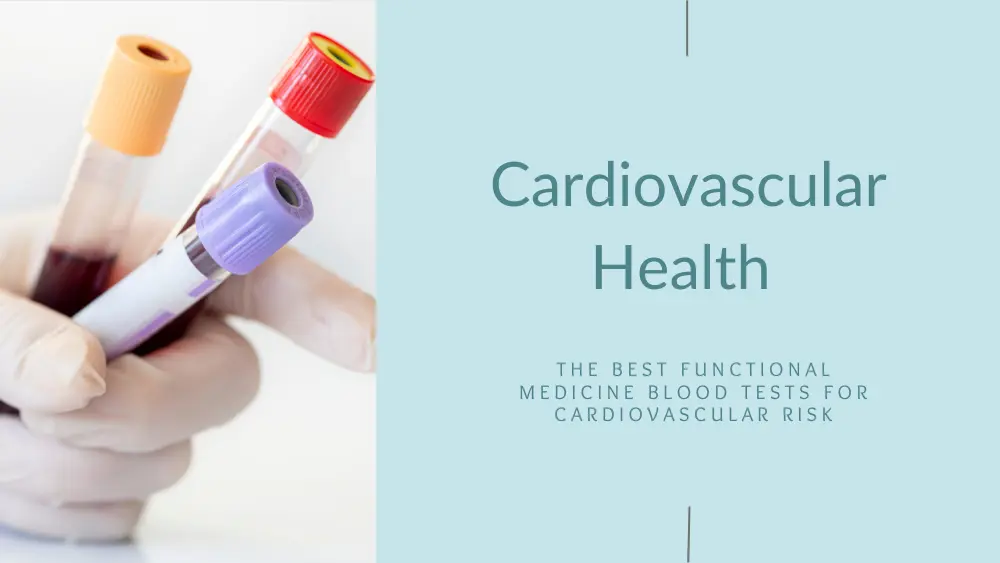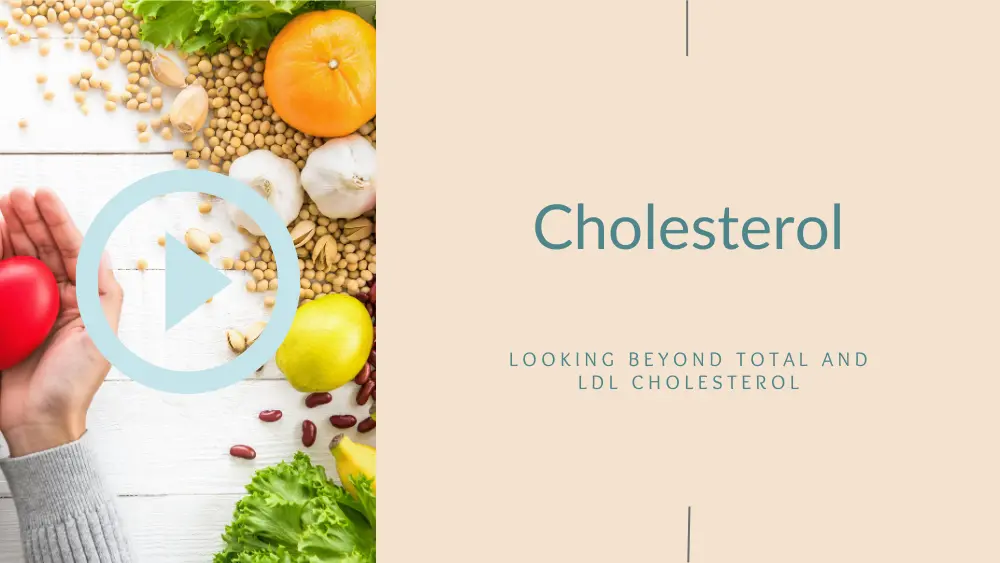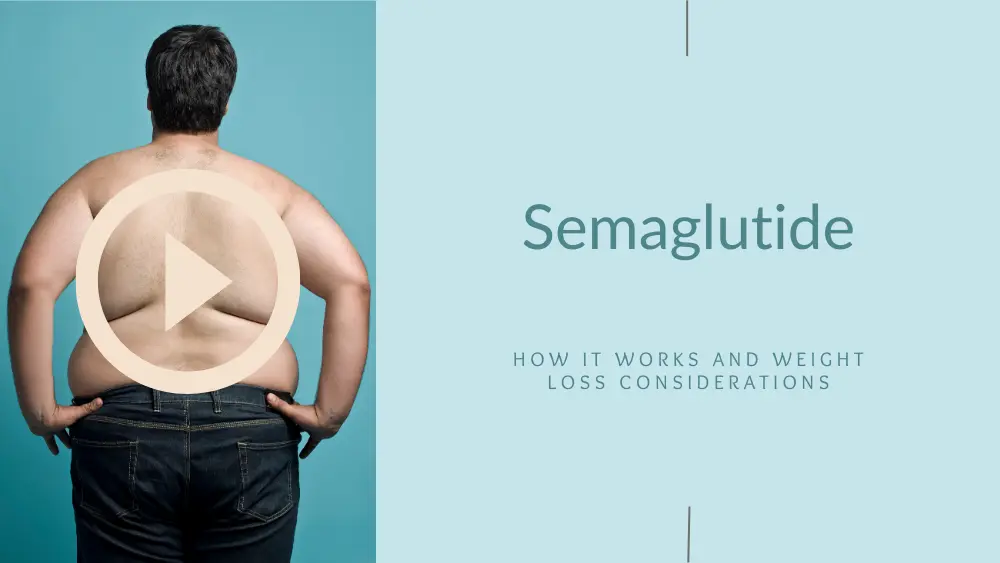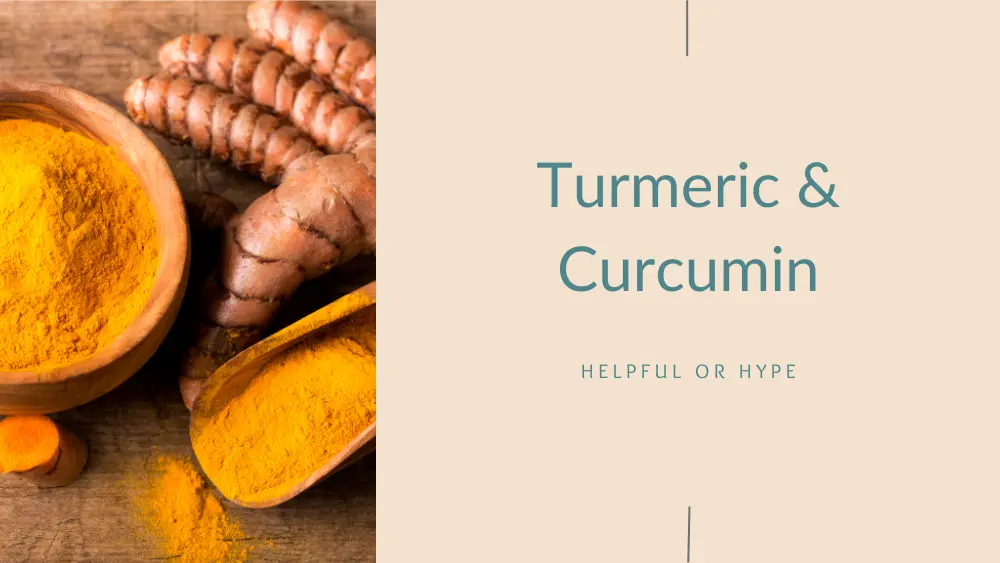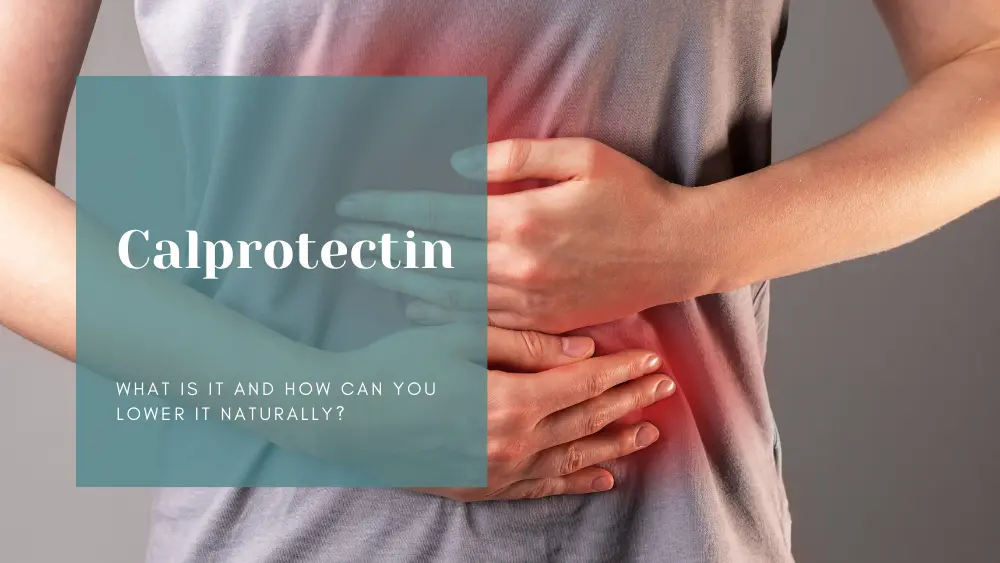A critical review of continuous glucose monitor (CGM) use
In this video we discuss the use of continuous glucose monitors. What populations they are best suited to, interpretation relating to the data provided by these monitors, factors beyond the food you eat that influences your glucose response and how …
Browse Articles by Tag
Who We Are
Meet the team behind Steve Grant Health and understand their areas of speciality and how they can help you achieve your goals.
What We Do
We Specialise in Optimising Cardiometabolic Health, Digestive Health, and Human Performance using Nutrition, Lifestyle, and Functional Medicine.
Consultations
Learn about our process from enquiry to consultations as well as the support packages that we offer.
Learn More About What Our Clients Have to Say

Heida Reed
I bounced around from doctor to doctor until I was recommended by a personal trainer to see Steven.
He was the first one to really help me rebalance my gut naturally and work on having a healthier relationship with food.
I’ll be forever grateful for his expertise.

Michelle Barrett
Steve Grant’s knowledge of functional medicine is outstanding. I know many people who have approached Steve with a variety of health issues. Every time he uses data from different tests which he reviews carefully and then applies his immense knowledge alongside a whole body holistic approach. He combines all the...

Michelle Barrett
Steve Grant’s knowledge of functional medicine is outstanding. I know many people who have approached Steve with a variety of health issues. Every time he uses data from different tests which he reviews carefully and then applies his immense knowledge alongside a whole body holistic approach. He combines all the information to suggest corrections such as vitamin deficiencies, gut microbiome imbalances etc, all of which enable the body to function at its best. Some of the outcomes have been outstanding resulting in reduced hospital admissions and we are incredibly grateful. His considered approach, depth of knowledge, attention to detail, along with clarity & kindness make him a brilliantly effective guide.

Mattie D
Steve has totally changed my view on what I thought I was supposed to be doing around my nutrition. As a result, I feel better on my bike and avoided what could have possibly been long-term health damage.
He’s set out a clear plan with me in line with my goals...

Mattie D
Steve has totally changed my view on what I thought I was supposed to be doing around my nutrition. As a result, I feel better on my bike and avoided what could have possibly been long-term health damage.
He’s set out a clear plan with me in line with my goals and has answered really quickly on any questions I’ve had. I’d recommend Steve to anybody very quickly.

Sarada
Now, after having worked with Jane, I have all the tools necessary to continue managing my condition (PCOS) powerfully. I have a much better understanding of how my body works, and how to deal with any issues that may arise.
Before I came to work with Jane at Steve Grant Health,...

Sarada
Now, after having worked with Jane, I have all the tools necessary to continue managing my condition (PCOS) powerfully. I have a much better understanding of how my body works, and how to deal with any issues that may arise.
Before I came to work with Jane at Steve Grant Health, I had really been struggling to manage my PCOS symptoms. It felt like I was constantly experimenting and never quite finding the right solution.
After reading about what Jane offered, I felt that she would be a great fit for me and what I’ve been dealing with, and I was pleased to discover that I was right!
What I valued most about Jane’s approach was that she listened and was thorough in learning all about my condition, and anything else that was going on for me. She provided me with a comprehensive program of nutrition, movement and supplementation, and as I continued working with her, I could see that some of the more difficult aspects of my condition began to subside. And even when I had an unexpected injury, that could have derailed my progress, Jane was always there to provide much needed support and advice.
Now, after having worked with Jane, I have all the tools necessary to continue managing my condition powerfully. I have a much better understanding of how my body works, and how to deal with any issues that may arise.
Thank you so much for making such a difference to my health and wellbeing!

Kathleen
Steve – I’m really happy with the progress I’ve made since seeing Steve. I don’t have bloating anymore, my skin has cleared up, my energy levels are a lot higher and I’m not snacking anymore. He’s taught me how to balance meals so I’m getting the most benefit from my...

Kathleen
Steve – I’m really happy with the progress I’ve made since seeing Steve. I don’t have bloating anymore, my skin has cleared up, my energy levels are a lot higher and I’m not snacking anymore. He’s taught me how to balance meals so I’m getting the most benefit from my meals. Everything has been explained clearly, taken at my pace and the reports you get after each consultation are so helpful. I’ve really felt like no problem is too big/small and I couldn’t be happier. I wish I’d contacted you sooner!
Fay – Thank you for your quick responses to all my initial queries. It makes a big difference who you first speak to and you’ve always had a nice and friendly manner. Thank you for always reminding me of appointments because it’s so easy to forget! I know if I ever had a query, you’d help me straight away.

Riz Ahmed
Steve grant is amazing. His holistic approach, range and depth of knowledge, attention to detail, and clarity and simplicity of methods make him a brilliantly effective guide in any process of body transformation.
Sarah Faraj Dellipiani
In less than 4 months Jane has helped me transform my health. For many years I have been working to try and resolve chronic health issues, with some success, but not enough. I was tired of being exhausted, having seemingly random but severe intolerant reactions to food and lesser, albeit...
Sarah Faraj Dellipiani
In less than 4 months Jane has helped me transform my health. For many years I have been working to try and resolve chronic health issues, with some success, but not enough. I was tired of being exhausted, having seemingly random but severe intolerant reactions to food and lesser, albeit draining, symptoms. I had tried everything, educating myself about gut health, excluding different things from my diet, having intolerance tests, trying different supplements, basically an amateur process of trial and error. So, when I turned to Jane for expert help, I have to confess that my expectations weren’t very high. I assumed that there would be a few tweaks and I would have to just put up with suboptimal health.
Right from our initial conversation, my hopes were raised and I had immediate confidence in Jane’s deep knowledge combined with her rigorous, empathetic approach. I could have cried (in fact I think I did). For the first time, I believed I would have some well-founded answers and a path to better health and wellbeing.
After following Jane’s plan for just 3 months, I don’t have severe bloating anymore, my skin has cleared up, my energy levels are a lot higher and I’m not snacking as much anymore. Jane has taught me how to balance meals so I’m getting the most benefit from my meals. I’ve really felt like I have found a way of life to continue improving my health, and have realised that no drastic changes need to be made. I wish I’d contacted you sooner!

Rian
I am so thankful to have met and worked with Ben over the last year. I suffered with severe bloating and other gut health issues but now I no longer suffer. Bens knowledge and expertise put me at ease throughout the whole process as I knew I was in the...

Rian
I am so thankful to have met and worked with Ben over the last year. I suffered with severe bloating and other gut health issues but now I no longer suffer. Bens knowledge and expertise put me at ease throughout the whole process as I knew I was in the right hands to help tackle my gut health issues. I now know what I can and can’t eat and can go out and enjoy myself without having to worry about feeling unwell later on in the day. The help Ben has given me has really been life changing and I can’t thank him enough! Also would like to say thank you to Fay for always being so friendly and always there to respond quickly to any queries I have had!
I’m confident that with the plan Ben has set for me, I will be able to continue my day to day life without any issues but if anything was to occur in the future I would not hesitate to get back in touch with him as I know he will be able to help & overcome any issues I’m experiencing!

Jonah Hauer-King
I was required to undergo an emaciation process for a role. Steven Grant expertly facilitated this with incredible results, achieving it not only quickly but safely. It had the potential to be both physically and psychologically challenging, and Steven offered attentive support and advice throughout. Not only did we achieve...

Jonah Hauer-King
I was required to undergo an emaciation process for a role. Steven Grant expertly facilitated this with incredible results, achieving it not only quickly but safely. It had the potential to be both physically and psychologically challenging, and Steven offered attentive support and advice throughout. Not only did we achieve our goals, but we worked together to come out of this extreme period and go back to a healthy, sustainable weight. He provided great duty of care above and beyond what was required. I would highly recommend Steven to anyone, and look forward to working with him again.
Emanuela N
I’ve been working with Jane for 1.5yrs and I’ve reached truly amazing results. I was severely underweight, training excessively, fighting IBS + PCOS and in a bad place mentally – all whilst trying to regain my long-lost period. Steve Grant Health came recommended from a friend but I didn’t quite know...
Emanuela N
I’ve been working with Jane for 1.5yrs and I’ve reached truly amazing results. I was severely underweight, training excessively, fighting IBS + PCOS and in a bad place mentally – all whilst trying to regain my long-lost period. Steve Grant Health came recommended from a friend but I didn’t quite know what to expect.
After submitting an online questionnaire, I was assigned to Jane and I still vividely remember my first appointment with her. We talked and talked about everything that was going on in my life and how I had reached the point I was at. We started devising a plan for my recovery and we met monthly for a while to track progress. I was very worried about putting on weight and I had so many ups and downs, but Jane has not been just a nutritionist for me – she basically held my hand the whole way and helped me see and embrace a whole new way of living, eating, managing stress, and enjoying food and exercise in a much more balanced way.
Jane has a very compassionate holistic approach, which helps a lot, and you can really talk to her about anything that’s on your mind. The SECA machine they use it’s also very useful to have realtime data about your body composition and they have recipes of all sorts that meet you right where you are.
With Jane, I not only regained my period, but I’ve also learnt both how to keep my IBS (haven’t had a flare-up in many many months!) and PCOS at bay. Having done some separate blood tests, I’ve also had the scientific proof that my hormones are in a much healthier state.
Shout-out to Fay too, who makes the bookings and general admin so quick and easy. It is truly such a welcoming place and you feel safer the moment you walk in, I can’t recommend it enough.

Tony
Steve has completely transformed my understanding of and relationship with my own well-being. Before meeting him, I felt I was drifting in to a life of managing ill health that would never improve.
I was weaker and less able to partake in sport, outdoor pursuits and didn’t think it would improve.
Steve’s...

Tony
Steve has completely transformed my understanding of and relationship with my own well-being. Before meeting him, I felt I was drifting in to a life of managing ill health that would never improve.
I was weaker and less able to partake in sport, outdoor pursuits and didn’t think it would improve.
Steve’s holistic approach has given me better focus, energy and optimism. I’ve gained in strength and state of mind. It’s been absolutely brilliant for me.

Sarah
After suffering from digestive problems since being in my young teens, I finally came across Steve Grant and his team.
I’ve seen many health professionals who would not listen to how my problem was effecting my life. After feeling I should probably close my business as I just couldn’t cope, Steve...

Sarah
After suffering from digestive problems since being in my young teens, I finally came across Steve Grant and his team.
I’ve seen many health professionals who would not listen to how my problem was effecting my life. After feeling I should probably close my business as I just couldn’t cope, Steve gave me hope and optimism in gaining control!
I now live a life with no pain, and have the tools to control my problems, although I very rarely have any issues anymore, if I do I can pin point why, and deal with it! I certainly believe in a holistic approach compared to medical, as this has got to the root of the problem.
Thank you Steve, Fay, and Jenny!

Stay in touch
Subscribe to our newsletter and receive your FREE seasonal recipe ebook





